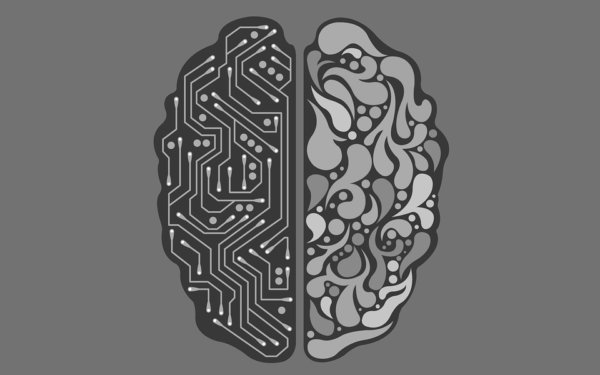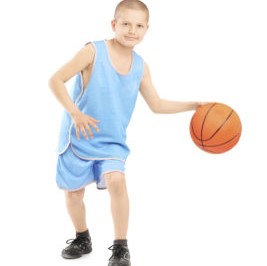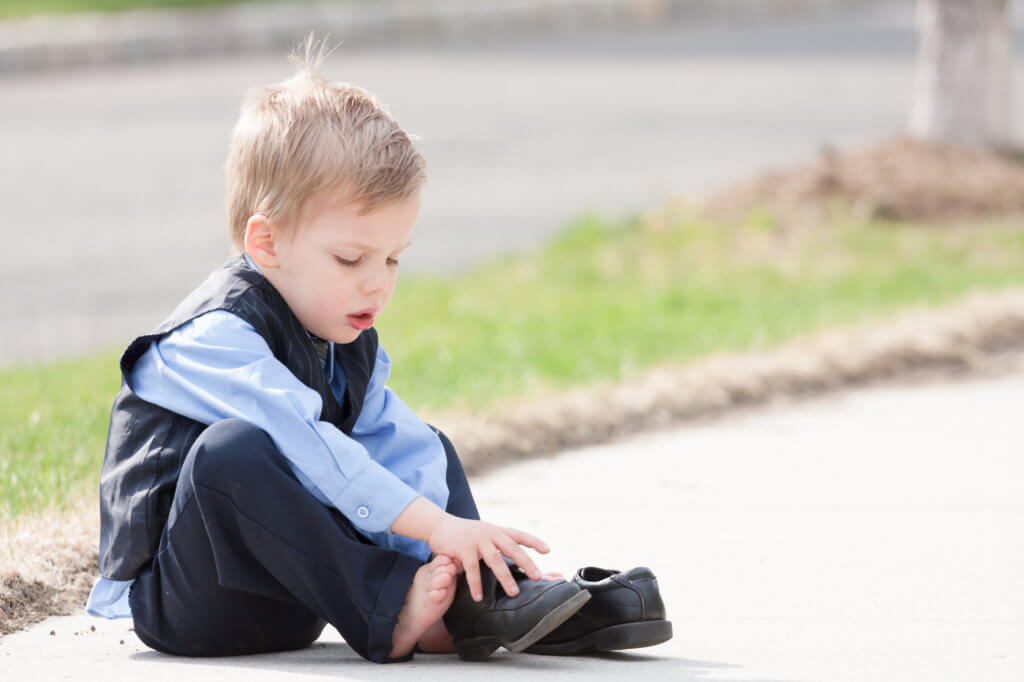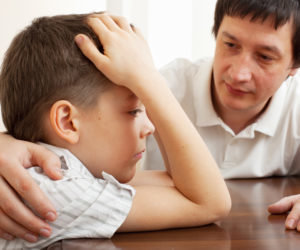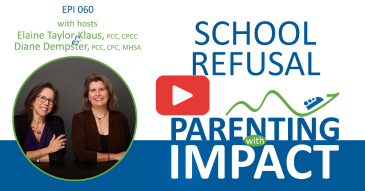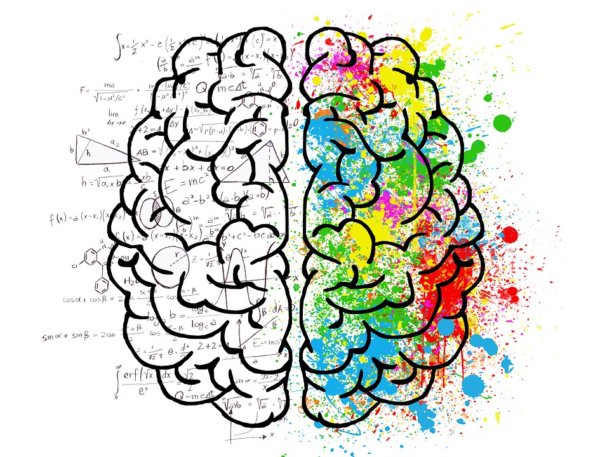Get Specialized Expert Parenting Guidance
Welcome to the blog at ImpactParents! If you've got a complex kiddo (age 4-44), you're in the right place! What makes a kid complex? Neurospicy kids struggle with life, learning, behavior and/or social skills. Maybe they have ADHD, Anxiety, Depression, Autism, or learning difficulties. Or maybe they have other issues that challenge their Executive Function.
And whatever is causing these amazing children, teens, and young adults to struggle, since 2011 we have been committed to helping their parents stay sane in the process of raising them. Even more, we help parents get the practical advice they need to feel more inspired and more empowered … so you can help your kids become the best they can be! And yes, we help the professionals who support them, too!
That's because we parents of complex kids (yes, we're moms, too, right here with you!) need more than information to help our kids.
We need help figuring out HOW to do what the experts tell us -- in a way that works for our families, not just in a textbook! We need community and support. We need accurate education (did you know that training for you is actually recommended treatment for your kids?). And we need some good old fashioned coaching to help us apply what we learn so we can do the best for our amazing kiddos.
And that's what makes this blog different from many others. Sure, we have a team of hundreds of Guest Experts who provide you with cutting edge information about your child's challenges. We've got decades of experience. We've supported hundreds of thousands of parents worldwide, and trained thousands of professionals.
BUT what makes us really different is that at ImpactParents, we bring parenting expertise, evidence-based coaching skills, and an understanding of neurodiversity to everything we do.
The Impact Model guides our community to take a collaborative, problem-solving, coach-approach when raising complicated and fascinating kiddos. Our blogs reinforce and demonstrate that Model -- so that you can foster independence, improve communication, and empower your kids to reach their full potential -- no matter what challenging behaviors you're dealing with!
In a nutshell, we hope you'll keep reading, because we promise that this blog can help you:
- Improve communication and have better conversations (and relationships) with your children and with each other;
- Make more comprehensive, well-informed decisions for your family;
- Understand your kiddo (at any age or stage) and learn strategies to foster their independence and personal success.
**If you like our posts and wish to reprint one, please contact us to let us know. You can include the following 'blurb' along with the article in its entirety: "This article originally appeared on ImpactParents.com and is reproduced with permission of ImpactParents."
Search the Blog:
- Show All Focus Areas
- Challenging Behaviors
- Diagnosis & Treatment
- Executive Function
- Must Reads
- Relationships
- School Issues
- The Parents' Experience
How Can Systems Help Your Kid’s ADHD Brain?
Like Day and Night Imagine someone shows you a card with a picture of the sun and…
How to Help Your Kid Become a Good Sport
Set The Model to Help your Child Become a Good Sport Our kids tend to struggle with…
It’s Never Too Early to Foster Independence in ADHD Kids
I remember the day well. Parents were dropping off their kids for the first semester of their…
Be A Conscious Parent
Happy Parents Lead to Happy Kids As parents, there are thousands of decisions to be made on…
Keeping Cool: Don’t Take it Personally
Emotions can run rampant in the ADHD household. Keeping cool can seem impossible. Tempers flare for no…
Treating Depression & Anxiety Disorder in People with ADHD
Life with ADHD can be stressful. When there is stress, depression and anxiety may not be far…
School Refusal From Your Children (podcast #60)
Children pushing back against going to school is a tale as old as time, but the reason…
What Your ADHD Kids Are Really Thinking
Inside Our Child’s Mind Do you ever think about what your ADHD kids must be thinking? We…
Meet Your Family’s Needs: Discover What You Need
It’s tucked away somewhere in the back of your mind-your plan for the way your life would…

